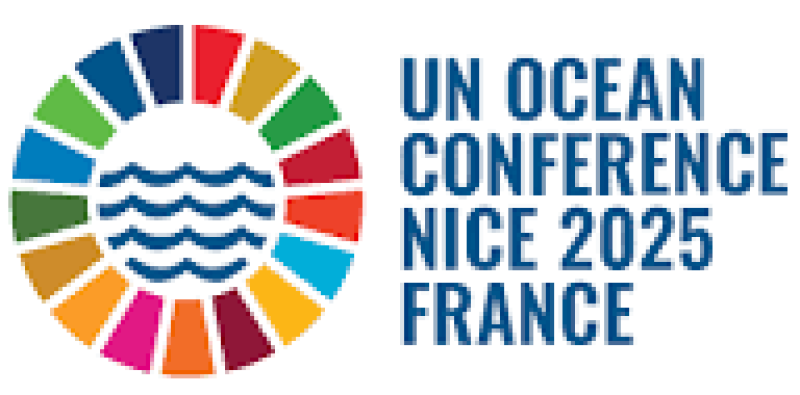- Intimidation or bloodshed cannot halt Bangladesh’s march to democracy |
- Khaleda Zia integral to an important chapter in BD history: Yunus |
- Enthusiasm marks Victory Day celebrations across Bangladesh |
- Dhaka-Delhi ties deep; to be shaped by trust, dignity, mutual respect |
- EU deploys election observation mission to Bangladesh |
France Pushes Concrete Ocean Action Ahead of UNOC3: Envoy

French Ambassador to Bangladesh Marie Masdupuy has reaffirmed France’s commitment to taking concrete action for ocean protection, ahead of the upcoming third UN Ocean Conference (UNOC3), set to take place in Nice from June 9 to 13.
Speaking at the second edition of the "Blue Talk" series hosted at the French residence in Dhaka on Tuesday, the Ambassador underscored the importance of the BBNJ Agreement — the international accord for the conservation and sustainable use of marine biological diversity in areas beyond national jurisdiction.
“In ocean governance, our primary objective is clear: protecting our oceans through tangible and collective action,” said Ambassador Masdupuy.
The event brought together policymakers, academics, private sector leaders, and practitioners to exchange ideas and strategies to advance ocean sustainability — particularly in the context of Bangladesh’s blue economy and the northern Bay of Bengal.
The “Blue Talk” series, initiated by the French Embassy, aims to foster dialogue, innovation, and partnership in the lead-up to UNOC3. The first edition, held in November 2024, focused on the broader state of Bangladesh’s blue economy and its collaboration with France. This second session spotlighted how satellite technology can be harnessed to support marine research, monitoring, and sustainable development.
Representatives from the Regional Center for Maritime Studies in Sri Lanka, Inspira, the Bangladesh Meteorological Department, universities in Dhaka and Chittagong, CEGIS, and the French Development Agency (AFD) shared key presentations. A roundtable discussion moderated by Capt M Abdus Samad, Head of the Cabinet Division’s Blue Economy Cell, featured insights from Airbus, Groupe CLS, the Department of Fisheries, and Bangladesh Satellite Company Limited.
Highlighting the long-standing partnership between Bangladesh and France in oceanography and marine research, the French Embassy noted its continued support for the Bangladesh Navy’s Hydrography section. Since 2023, an International Technical Expert in oceanography has also been working at the International Center for Ocean Governance at Dhaka University to enhance research and education in marine sciences.
Oceans play a vital role in sustaining life — supporting the livelihoods of over a third of the global population. But they are under growing threat. Over eight million tons of plastic enter the ocean each year. Meanwhile, more than one-third of fish stocks are being overexploited, and climate change is accelerating acidification, rising sea levels, and ecosystem degradation.
Ambassador Masdupuy emphasized the urgency of ratifying the BBNJ Agreement, which would place the high seas — making up over 60% of the world’s oceans — under international law for the first time. “We need 60 countries to ratify the agreement for it to come into force,” she said, thanking Bangladesh for being one of the first nations to ratify it in September 2024.
Experts at the event stressed that Bangladesh’s blue economy depends on actionable, real-time data for effective governance. Satellite technologies — encompassing Earth observation, meteorology, and remote sensing — were identified as crucial tools for monitoring marine environments, detecting ecological changes, and supporting sustainable decision-making.
Bangladesh, which launched its first communications satellite in 2018, is now exploring the development of an Earth-observation satellite system under the Bangladesh Satellite 2 project. This would mark a significant step in strengthening the country’s independent data-gathering capabilities.
The third UN Ocean Conference, co-hosted by France and Costa Rica, will build on the outcomes of the previous gatherings in New York (2017) and Lisbon (2022), with a strong focus on achieving Sustainable Development Goal 14 — the conservation and sustainable use of oceans, seas, and marine resources.

